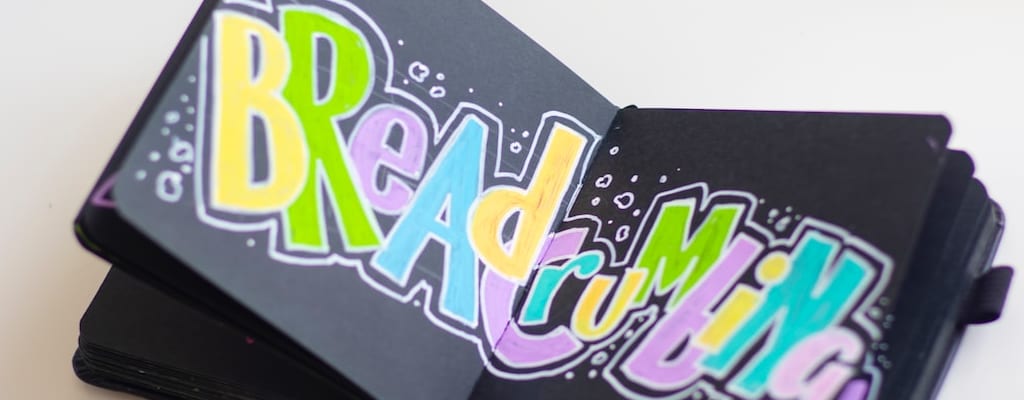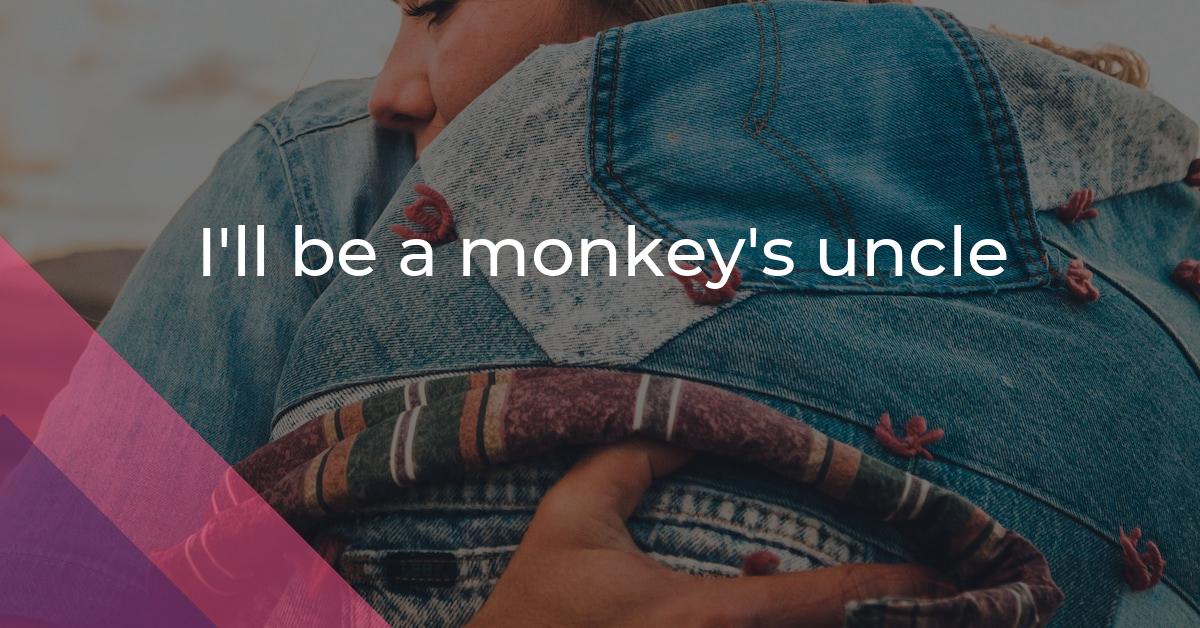I’ll be a monkey’s uncle: Idiom Meaning and Origin
What does ‘I'll be a monkey's uncle’ mean?
The idiom "I'll be a monkey's uncle" is an expression used to convey surprise or disbelief. It suggests that the speaker never expected the situation or outcome to happen.

Idiom Explorer
The idiom "well, I never" is an exclamation used to express surprise or astonishment at something unexpected or unbelievable.
The idiom "I'll be damned" is used to express shock, disbelief or surprise when something unexpected or unbelievable happens.
The idiom "I'll be bound" is used to express certainty or agreement with something. It implies that the speaker is confident in the truth or accuracy of a statement or prediction.
The idiom "I'll be" is an expression commonly used to convey surprise or disbelief. It is often used in response to unexpected or extraordinary events, indicating that the speaker is taken aback or astonished by what they have just witnessed or heard.
The idiom "if anything" is used to express the idea that something is unlikely or even the opposite of what is expected. It introduces a slight doubt or contradiction in a statement.
The idiom "holy smoke" is an exclamation used to show surprise or astonishment. It is often used in a humorous or lighthearted way to express disbelief or amazement at something unexpected.
The idiom "holy macaroni" is an exclamation of surprise or amazement.
The idiom "holy crap" is an expression of surprise or disbelief. It is used to emphasize astonishment or shock, often in response to an unexpected or extraordinary event. The phrase is considered informal and somewhat vulgar.
Curious Genealogy
The idiom "I'll be a monkey's uncle" is a popular phrase in American English that expresses surprise or disbelief. Its origins can be traced back to the early 20th century, although the exact beginnings are unclear. One possible explanation is that it emerged during the Scopes Monkey Trial of 1925, a highly publicized court case in Tennessee. John T. Scopes was charged with teaching evolution in a public school, which was illegal at the time. The phrase "I'll be a monkey's uncle" was a humorous response to the trial and the debates surrounding the teaching of evolution.
Another theory relates the idiom to Charles Darwin's theory of evolution. During the early years of Darwin's groundbreaking work, being called a "monkey's uncle" mocked someone's disbelief in the idea of humans and apes sharing a common ancestry. It was a sarcastic comment aimed at those who clung to traditional religious beliefs and rejected scientific advancements.
Regardless of its specific origin, "I'll be a monkey's uncle" has become firmly ingrained in the English language. It is used in casual conversations and popular culture to express astonishment or incredulity. However, it is often used jocularly or ironically, rather than as a literal declaration of familial relations to a primate.
The popularity and familiarity of the idiom demonstrate its enduring appeal in conveying surprise or skepticism. Although the precise origins may never be fully uncovered, speculation and ongoing investigation into its etymology continue.
There is another related idiom, "I'll be danged," that shares a similar meaning and usage with "I'll be a monkey's uncle." Both phrases are expressions of surprise or disbelief. "I'll be danged" is a more casual variation of the idiom, often used in informal conversations. It has a friendly, conversational tone and is commonly employed in everyday speech.
"I'll be a monkey's uncle" is an idiomatic expression used to express surprise or disbelief. Its origins can be traced back to the early 20th century, possibly related to the Scopes Monkey Trial or Charles Darwin's theory of evolution. The idiom has become ingrained in the English language and is commonly used in both casual conversations and popular culture. Its enduring popularity and appeal attest to its effectiveness in conveying astonishment or incredulity. Additionally, the related idiom "I'll be danged" shares a similar meaning and usage, often employed in informal conversations.
Example usage
Examples of how the idiom "I'll be a monkey's uncle" can be used in a sentence:
- When Sarah scored higher than her brother on the math test, he exclaimed, "I'll be a monkey's uncle!"
- After winning the lottery, John said, "If I ever have to work again, I'll be a monkey's uncle!"
- When Mark heard his favorite band was coming to town, he shouted, "I'll be a monkey's uncle if I miss that concert!"
More "Relationships" idioms



